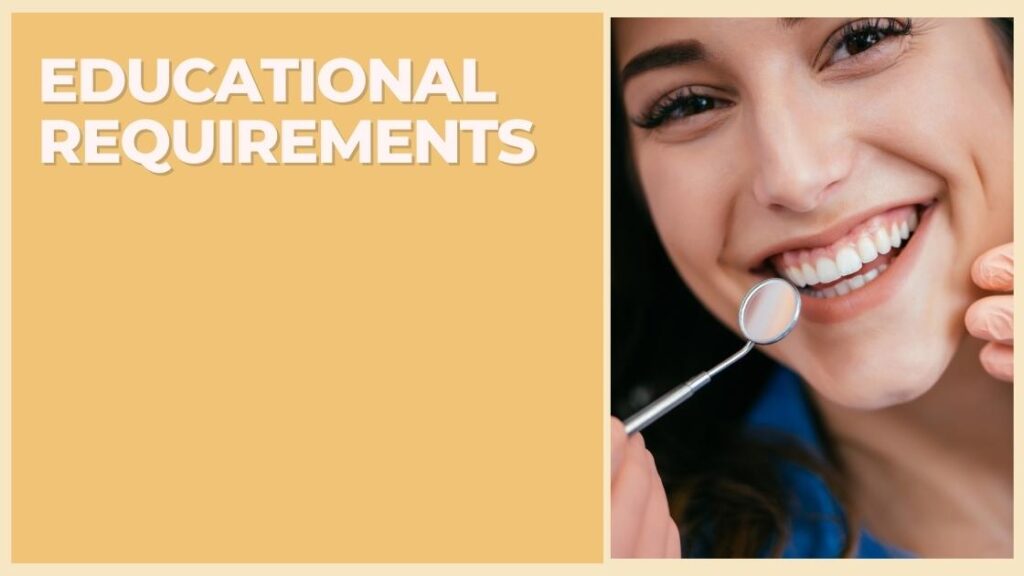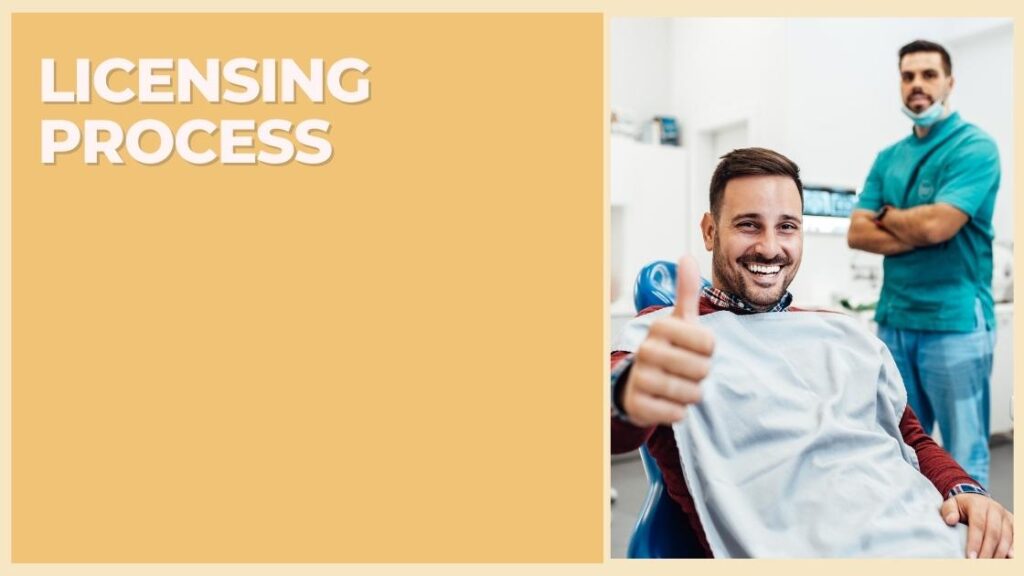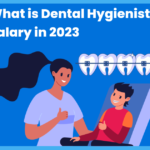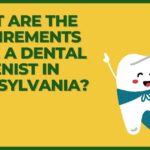Stepping into dental hygiene as a career choice can be extremely exciting and fulfilling. If you are wondering “How to Be a Dental Hygienist in Pennsylvania”, look no further!
This blog post will walk through each step step-by-step in Detail to provide all of the guidance necessary for beginning this fulfilling and exciting adventure!
Table of Contents
How to Be a Dental Hygienist in Pennsylvania – Educational Requirements
To become a dental hygienist in Pennsylvania or any state for that matter, the initial step should be becoming familiar with its educational requirements.

An associate’s degree from an accredited dental hygiene program must be earned – usually lasting three years and covering such topics as anatomy, dental health and radiology as well as clinical instruction supervised by instructors – in order to become qualified as a hygienist.
An associate degree provides entry-level roles in dental hygiene.
You may opt to further your studies with either a bachelor’s or master’s degree to open doors to more specialized roles such as research, teaching or public health roles in this industry.
Licensing Process
Once your dental hygiene program has concluded, the next step to becoming a dental hygienist in Pennsylvania involves passing the National Board Dental Hygiene Examination: an in-depth written test covering every aspect of dental hygiene.

Pennsylvania requires dental hygienists to successfully pass either a regional or state clinical exam to practice within its borders, with the Pennsylvania State Board of Dentistry accepting North East Regional Board (NERB) exams as approved regional exams by them and once you’ve successfully passed any such exam(s), an application for licensure with them can be submitted allowing you to work as dental hygienist in Pennsylvania.
Job Outlook and Opportunities.
When mapping out your career path to become a dental hygienist in Pennsylvania, it’s essential to take into account both the job prospects and the diverse opportunities available in this field.
As awareness grows about the critical role oral health plays in overall well-being, the demand for dental hygienists is expected to rise, offering promising job prospects for those entering the profession.

In Pennsylvania, dental hygienists have the flexibility to work in a variety of healthcare settings. These range from private dental practices and hospitals to community health centers and nursing homes, providing a wide array of career options.
Additionally, some dental hygienists find employment within corporate environments, where they educate employees on oral hygiene practices and offer dental health services. This diversity in job settings not only enhances career satisfaction but also provides multiple avenues for professional growth and specialization.
Enhance Your Career
An essential factor of becoming a dental hygienist in Pennsylvania is career advancement.
Through experience and continuing education courses, dental hygienists may advance to higher-paying roles or specialize in areas like periodontics or pediatric dentistry; some even transition into roles related to research or teaching!

Pennsylvania offers certified dental hygienists an additional certification known as Public Health Dental Hygiene Practitioner (PHDHP), which permits them to provide certain dental services within public health settings without direct supervision of a dentist.
Understanding Continuing Education One key part of learning how to be a dental hygienist requires understanding the significance of ongoing professional education.
Pennsylvania dental hygienists must complete 20 hours of continuing education courses every two years in order to maintain their licenses.
Continuing education provides dental hygienists with an opportunity to stay abreast of the most current research and practices related to oral hygiene, providing their patients with optimal care.
Furthermore, continuing education may open doors to specialization opportunities or career advancement opportunities.
Conclusion In Pennsylvania, becoming a dental hygienist requires education, licensure, and ongoing learning opportunities.
Though the journey may be long and tough, its rewards – namely secure career prospects with good earnings potential as well as improving patients’ oral health – make it worth your while.


